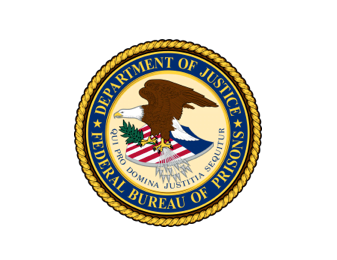Attorneys can take advantage of clarifying amendments after November 1, 2015, certainly at sentencing and on direct appeal (ideally if raised in the district court below) inasmuch as the amendments merely clarify pre-existing Guidelines language. New counsel may even arguably raise them in the context of an ineffective assistance of counsel claim pursuant to 28 U.S.C. §2255 in the event predecessor counsel neglected to raise the fact of the clarifying amendment at sentencing or on appeal.
The question is whether counsel can raise clarifying amendments now, prior to their effective date of November 1, 2015. In theory, Congress could choose to veto such amendments, however, that is extremely rare. Of the nearly 800 amendments to the Guidelines, Congress has vetoed proposed Guidelines amendments only four times, and those concerned substantive amendments that would have ameliorated the crack/powder cocaine sentencing disparity. So, it is a near certainty that the clarifying amendments will not be vetoed.
As USSG §6A1.3(a) provides that “[i]n resolving any dispute concerning a factor important to the sentencing determination, the court may consider relevant information without regard to its admissibility under the rules of evidence applicable at trial,” there would appear to be no barrier to raising clarifying amendments now at sentencing. In fact, counsel should raise these issues given that such amendments, by their very nature, merely clarify how and in what circumstances the Guidelines apply, and in some cases, serve to resolve circuit disputes. Accordingly, the amendments could serve to counter otherwise negative authority.
For the same reasons, counsel also should be sure to include a discussion of any relevant clarifying amendments in appellate briefs, especially where a circuit conflict has been resolved. For example, with respect to the Commission’s clarification that intended loss requires an inquiry into the defendant’s subjective intent consistent with the Second, Third, Fifth and Tenth Circuits, authority to the contrary in the First and Seventh Circuits stating that an objective inquiry is required now has been superseded by this clarification.

